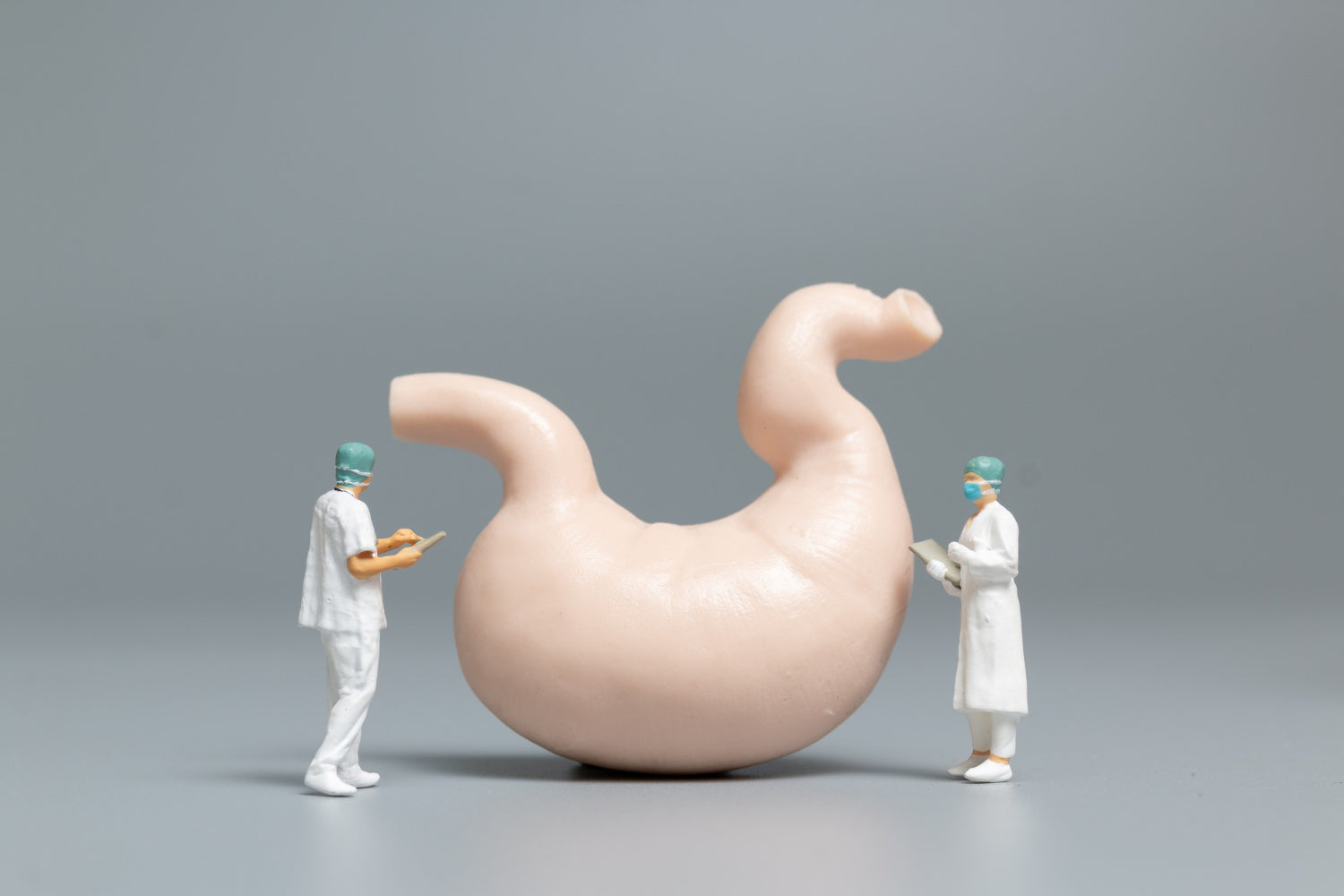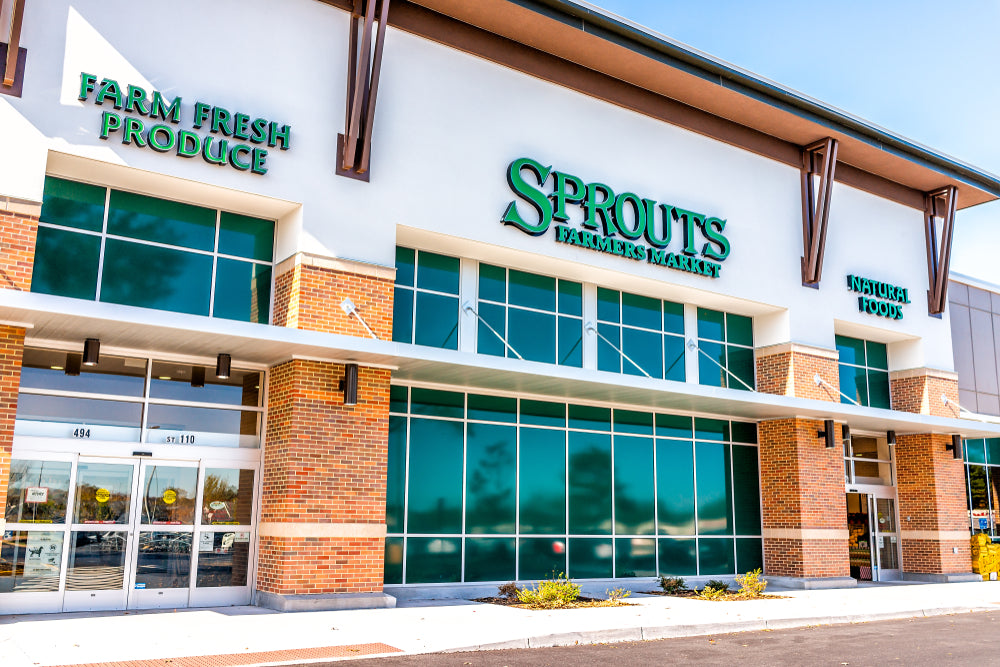Protein is one of the three macronutrients (in addition to carbohydrates and fats) the human body needs in large amounts. It’s abundant in animal-based foods and certain plant-based foods like beans and tofu. This mighty macro provides you with energy, supports tissue growth and repair, and is needed for hormone and enzyme creation, among other crucial functions.[*][*][*]
Despite there being many healthy protein sources available, only a subset gets the coveted label of being a complete protein. But what exactly does that mean, and which foods fall into this category? Let’s dig into it.
What Is Complete Protein?
Chemically, proteins are large molecules composed of chains of amino acids. These amino acids are the building blocks of protein and play crucial roles in various physiological processes within the body.
Out of the 20 total amino acids, the body can produce 11 internally. However, the remaining nine amino acids (dubbed "essential amino acids”) cannot be produced by the body and must be acquired through dietary sources.[*]
A food is considered a complete protein when it contains all nine essential amino acids: valine, tryptophan, threonine, phenylalanine, methionine, lysine, leucine, isoleucine, and histidine.
Are Incomplete Proteins Bad?
Absolutely not! The term “incomplete protein” means that the food lacks one or more essential amino acids in sufficient quantities. But that doesn’t mean these foods are “bad” or unhealthy. You can still obtain all the essential amino acids necessary for optimal health by combining different incomplete protein sources.
For instance, beans and rice individually lack certain essential amino acids. However, when consumed together, they provide what the other is deficient in, resulting in a complete protein. The same goes for lentils and rice eaten together. These dynamic duos are called complementary proteins.
While complete proteins offer all nine essential amino acids in adequate proportions, incorporating a variety of incomplete protein sources can enhance the overall nutrient profile of your meals.
The Best Complete Protein Sources
Ideally, you should get all nine essential amino acids daily — and consuming complete proteins allows you to get all nine essential amino acids in one go. So, which foods are considered complete proteins? Let’s break it down by animal and plant-based sources.
Animal-Based Complete Protein Foods
All animal products are complete proteins, but some are healthier than others. Here are some good animal-based options to incorporate into your diet:
#1: Salmon
As a fatty fish, salmon not only provides complete protein but also delivers omega-3 fatty acids. These fats have been shown to reduce inflammation and support brain and heart health.[*]
#2: Eggs
Eggs are a bundle of nutrients in a small package. They’re rich in healthy fat, essential nutrients like vitamins A, D, and E, and minerals such as iron and zinc.[*] Consuming eggs has been shown to improve muscle health, increase satiety, and contribute to weight loss.[*]
#3: Chicken Breast
Boneless, skinless chicken breast is low in fat and calories and a rich source of vitamin B6, niacin, selenium, and phosphorus.[*] Niacin and B6 are water-soluble B vitamins that play an essential role in cellular functioning.[*][*] And selenium is crucial for thyroid function and making DNA.
#4: Full-fat Greek Yogurt
Greek yogurt is a high-protein dairy product abundant in probiotics and essential nutrients such as vitamin B12, calcium, and selenium.[*] However, the nutritional content and health benefits of Greek yogurt may differ depending on the specific brand selected. It’s best to steer clear of options with added sugar. Add some fresh fruit for sweetness instead!
#5: Turkey Breast
This complete protein is rich in selenium, phosphorus, and B vitamins.[*] Just watch out for processed turkey products, which can be loaded with unhealthy added preservatives like nitrates.
Plant-Based Complete Protein Foods
Many individuals are embracing plant-based diets for their numerous health benefits and positive impact on animal welfare and the environment. Fortunately, there are several nutritious plant-based complete proteins, including:
#1: Quinoa
Though technically a seed, quinoa is classified as a gluten-free whole grain. It’s an excellent source of plant protein, fiber, zinc, folate, and antioxidants.[*] Its versatility allows it to be enjoyed in a variety of dishes, from salads to stir-fries to breakfast bowls.
#2: Soybeans
Soybeans are a type of legume that offer several vitamins and minerals, including vitamin K1, folate, copper, manganese, and phosphorus.[*] Research has shown they may also reduce the risk of breast and prostate cancer and alleviate menopause symptoms.[*]
Soybeans can be enjoyed as tofu, tempeh, or edamame (young soybeans harvested before they fully mature).
#3: Chia Seeds
Chia seeds are tiny nutritional powerhouses that provide all nine essential amino acids, along with fiber, antioxidants, and omega-3 fatty acids. They have a unique ability to absorb liquid, forming a gel-like consistency, which can help promote hydration and digestion.
Chia seeds can be added to yogurt, oatmeal, baked goods, or used as a thickening agent in smoothies and puddings. Hemp seeds are another good complete protein to try!
#4: Nutritional Yeast
Nutritional yeast is a deactivated yeast that provides a cheesy and nutty flavor to dishes, making it a popular vegan cheese substitute. It’s a good source of B vitamins, including vitamin B12, which is often lacking in plant-based diets. Nutritional yeast can be sprinkled over popcorn, pasta, and soups or used to make dairy-free cheese sauces and dressings.
#5: Peas
In addition to being a complete protein, peas are rich in fiber, vitamins, and minerals, including vitamin C, vitamin K, and manganese.[*] They’re also an excellent source of branched-chain amino acids, particularly arginine, which supports healthy blood flow and heart function, as well as leucine, isoleucine, and valine, which aid in muscle growth.[*][*][*]
Get Your Complete Protein On with IQBAR
🌱 Each IQBAR delivers 12 grams of plant-powered protein from peas. Yes, please! These ultra-low-sugar bars provide a yummy and convenient way to fuel your body with essential amino acids.
🍒The cherry on top? IQBAR contains five brain-boosting nutrients, including magnesium, lion’s mane mushroom, vitamin E, MCTs, and flavonoids, all of which have been shown to support brain health and enhance cognitive performance.
🧠Ready to give IQBAR a try? Choose from sweet tooth-satisfying flavors like Almond Butter Chip, Lemon Blueberry, Chocolate Sea Salt, Toasted Coconut Chip, Matcha Chai, and many others. If you can’t decide which flavors to choose, try one bar of each with our 7 Bar Sampler.
💪🏼Unlock the power of complete proteins and elevate your strength and well-being, one delicious bite at a time!
Written by Katie Koschalk, a health and wellness writer, certified holistic nutritionist, and certified personal trainer based in California.



